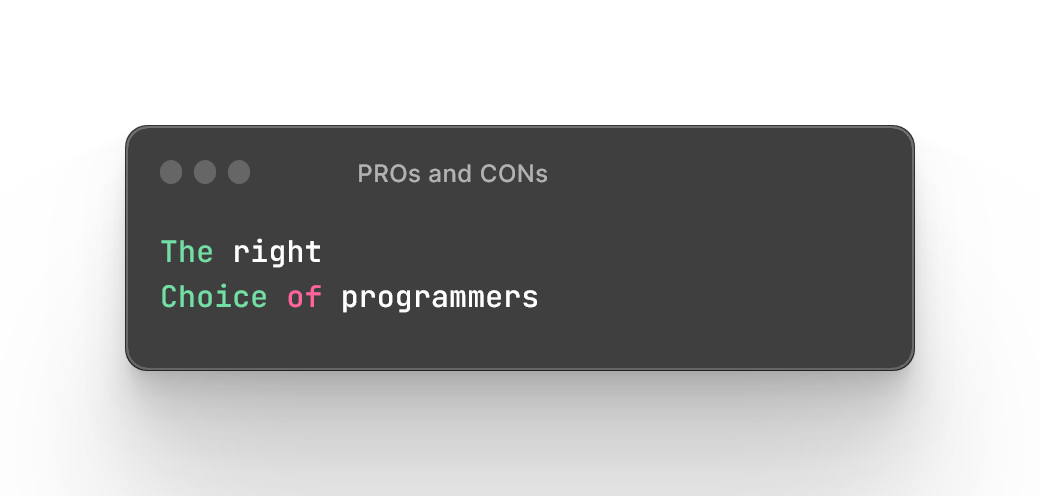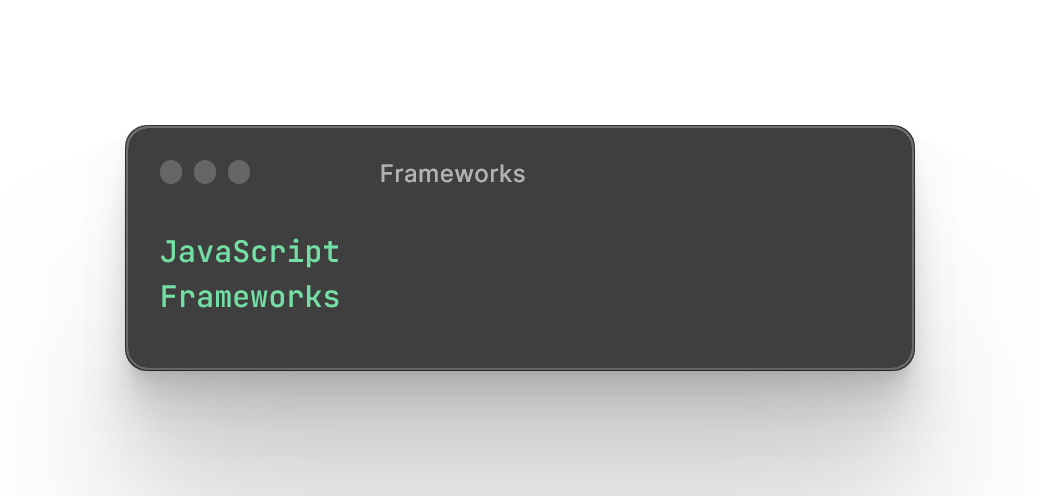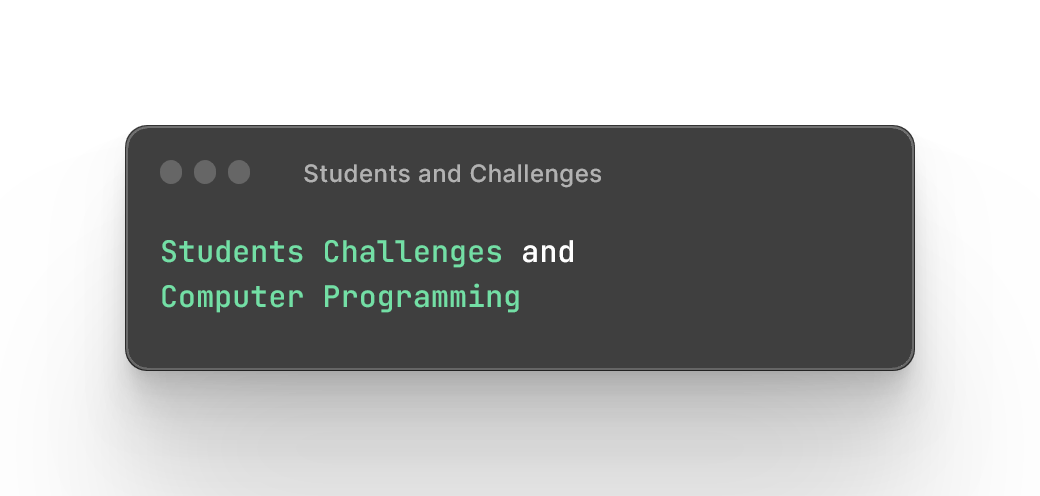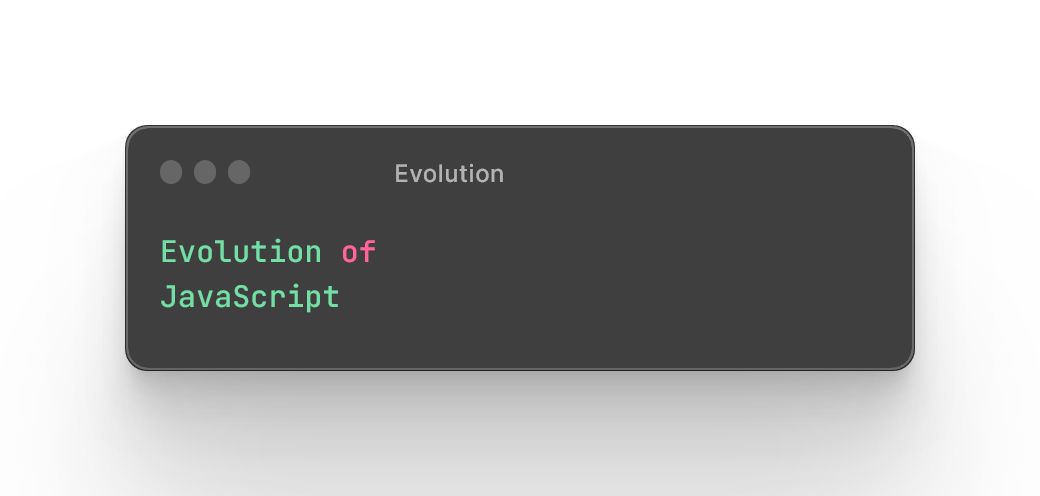
Computer programming has become an essential skill in today's technology-driven world. Whether you want to pursue a career in software development, enhance your problem-solving abilities, or simply explore the world of coding, learning programming can be a rewarding experience. However, for non-technical individuals, the journey into the world of programming can be quite daunting. In this article, we will explore the common problems faced by non-technical people when learning computer programming and provide valuable advice on how to make the process easier.
A computer program does what you tell it to do, not what you want it to do.
- Greer's Third Law
The Language Barrier
One of the primary challenges for non-technical individuals is the unfamiliarity with programming languages. For someone without any prior coding experience, understanding the syntax and logic of programming languages can feel like learning an entirely new foreign language. The fear of the unknown can be overwhelming and may deter many from even attempting to learn.
Advice: Start with a beginner-friendly programming language that is known for its simplicity and ease of learning, such as Python. Python's readable syntax and extensive community support make it an excellent choice for beginners. Online coding tutorials, interactive coding platforms, and coding bootcamps can also provide a structured and guided approach to help you grasp the fundamentals of the language.
Lack of Technical Background
Non-technical individuals often lack the foundational knowledge of computer systems, algorithms, and data structures. Without this background, understanding the underlying principles of programming can be challenging. Concepts like loops, variables, and functions might seem abstract and difficult to grasp without a basic understanding of how computers operate.
Advice: Invest time in learning the fundamentals of computer science alongside programming. Many online courses and tutorials cover computer science topics in a beginner-friendly manner. Understanding how data is stored, manipulated, and processed within a computer will provide context to your programming learning journey.
Lack of Practical Application
For non-technical individuals, learning programming in a theoretical vacuum can be uninspiring. Without practical application and real-life projects, it can be challenging to see how coding skills can be utilized in solving actual problems.
Advice: Engage in hands-on projects from the start. Building simple applications, solving coding challenges, or contributing to open-source projects can provide a sense of accomplishment and demonstrate the real-world applications of your newfound skills. Look for coding platforms with interactive exercises that allow you to practice coding in a fun and engaging manner.
Isolation and Lack of Support
Learning programming can sometimes be a solitary endeavor, especially for non-technical individuals who may not have friends or colleagues with coding experience. The lack of support and guidance can lead to feelings of loneliness and hinder the learning process.
Advice: Connect with the coding community through online forums, social media, or local meetups. Engaging with like-minded individuals can provide a support network where you can seek help, share experiences, and learn from others. Don't hesitate to ask questions and seek assistance when you encounter challenges.
Learning computer programming as a non-technical individual may present its challenges, but it is by no means an impossible feat. With the right mindset, dedication, and guidance, anyone can master the art of coding. Embrace the learning journey, be patient with yourself, and never shy away from seeking support from the vast coding community. Remember, every step you take in your programming journey is a step toward empowering yourself with valuable skills for the future.






